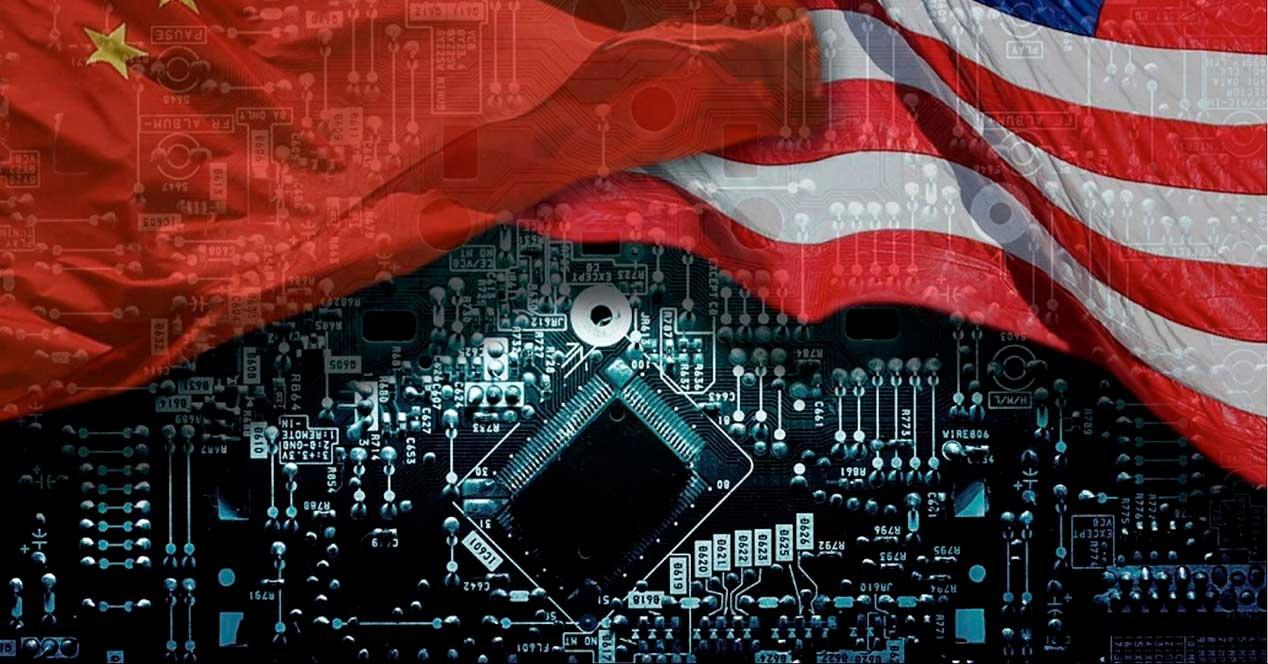It was the Washington Post that gave the news and as such, it is an American media which confirms that the United States has decided to take a step against what it considers an attack on national security, which includes TSMC, the Chinese military, and companies like Tianjin Phytium Information Techology in China. Why so much controversy?
Blacklisted Tianjin Phytium and TSMC in Hurricane Eye
While there have been no less than 7 Chinese supercomputing entities that have made it to the US blacklist, Tianjin’s case is the most striking for all it stands for.
The story is simple, but it gets tangled up a bit when jumping: TSMC made an agreement with Tianjin Phytium Information Technology to supply chips that would be used for enterprise applications and servers. So far, everything is correct except the fact that these processors had to be manufactured at 7nm and 5nm respectively, which leaves us with TSMC as the only possible ally in a short period of time.
The problem is that these processors and according to the US Department of Commerce are not used for this purpose, but are diverted to a military installation in southwest China, more precisely at the Research and Development Center of China Aerodynamic (CARDC ).
Somehow, the United States has found Phytium and claims to simulate the effects of heat and drag for hypersonic missiles, which are believed to be intended to target US Navy aircraft carriers plying the field. the region.
TSMC refuses to supply chips to Chinese military
If we know anything about TSMC, it is that it is very hermetic in terms of providing customer lists or volumes, for this reason, the Minister of Economic Affairs of Taiwan had to speak out in defense of TSMC to assert that this company based in its country complied with local international regulations.
And this is where the story gets complicated, as she found out that TSMC does not supply chips directly to Phytium, but buys them from an intermediary. In other words, TSMC sells the chips to a company called AIchip Technologies LTD
In short, there are two anti-military deals, two Chinese companies involved as military middlemen, the United States has proof that the chips are in their hands and they all deny the exchange exists. Meanwhile, the production or volume of said chips is unknown to 7 nm and 5 nm, but it should not be very high due to the existing demand, but for the United States there is already more than it should be.
Because of this, many companies are pulling their factories out of China and investing in places like Vietnam, where, to name just one of the biggest, Foxconn is already setting up its new Fab to move production to that country.











